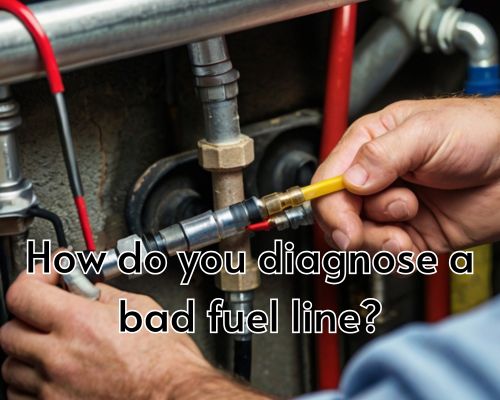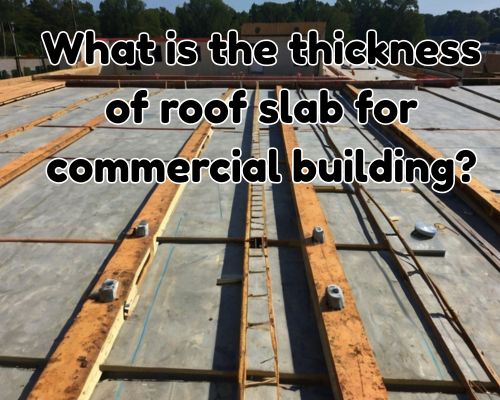How Do You Diagnose a Bad Fuel Line in Warragul, Australia?
Fuel lines play a crucial role in the operation of your vehicle, as they transport gasoline from the tank to the engine. However, over time, these lines can deteriorate, causing a range of issues that may affect your vehicle’s performance. If you’re in Warragul, Australia, and suspect your vehicle has a bad fuel line, understanding how to diagnose this issue is essential for keeping your car running smoothly. With Dean Owens of Plumber Warragul, we will guide you through the signs, causes, and diagnostic methods to identify a bad fuel line, ensuring you can address any problems promptly.

What is a Fuel Line, and Why Does it Matter?
A fuel line is a vital component in your car’s fuel delivery system. It carries fuel from the tank to the engine, allowing your car to start and operate properly. The line is made of rubber or metal, depending on your vehicle’s design, and must withstand high pressures and temperatures. Over time, factors like wear and tear, exposure to harsh conditions, or accidents can compromise the fuel line, leading to a variety of issues.
In Warragul, where climate conditions can vary, fuel lines can be affected by both heat and cold, leading to quicker degradation in some cases. This makes diagnosing a bad fuel line in the region even more important for vehicle owners.
Key Signs of a Bad Fuel Line
Knowing how to identify a bad fuel line is the first step in preventing further damage to your vehicle. Here are some common signs to look out for:
- Fuel Leaks One of the most noticeable signs of a bad fuel line is a fuel leak. This occurs when the fuel line has cracked, corroded, or become loose, allowing gasoline to escape. Fuel leaks are dangerous as they not only affect vehicle performance but also pose a serious fire hazard. If you smell gasoline or notice fuel pooling under your vehicle, it’s crucial to inspect the fuel lines immediately. For residents of Warragul, it’s important to have leaks fixed promptly, given the local fire risks during hotter months.
- Engine Stalling or Misfiring A faulty fuel line can result in insufficient fuel delivery to the engine. If the fuel line is clogged, cracked, or leaking, your engine may not receive enough fuel, causing it to stall, misfire, or run roughly. If you notice your vehicle stuttering or shutting off unexpectedly, it’s possible that the fuel line is to blame.
- Check Engine Light Modern vehicles are equipped with sensors that detect issues with critical systems, including the fuel system. If the fuel line is damaged or malfunctioning, the check engine light may illuminate. While this light can be triggered by a variety of issues, if your car starts showing other symptoms of a bad fuel line, it’s worth having a professional mechanic in Warragul check the code and perform a more detailed diagnosis.
- Decreased Fuel Efficiency A bad fuel line can also affect your vehicle’s fuel efficiency. If the fuel line is blocked, cracked, or compromised, it can prevent fuel from reaching the engine as efficiently as it should. This results in your car using more fuel than normal to run, leading to a noticeable drop in fuel economy. If you’re seeing increased fuel consumption, especially around the Warragul area where the roads can be hilly and demanding on vehicles, it’s time to check the fuel line.
- Strong Gasoline Smell If you detect a strong smell of gasoline inside or around your car, this is a clear indication of a fuel line issue. A leaking fuel line may cause gasoline to evaporate, creating a noticeable odor. This is not only unpleasant but also hazardous. If you smell gasoline, avoid starting the vehicle until the issue is diagnosed and fixed.
How to Diagnose a Bad Fuel Line
If you’re experiencing any of the symptoms mentioned above, it’s essential to diagnose the problem as soon as possible. Here’s a step-by-step guide to help you through the diagnostic process:
- Visual Inspection Begin by visually inspecting the fuel line for signs of wear and tear. Look for any cracks, bulges, or leaks. In Warragul’s climate, exposure to UV rays or cold weather can accelerate damage to rubber fuel lines. If you find any visible damage, it’s time to replace the fuel line.
- Fuel Line Pressure Test A mechanic can perform a fuel pressure test to check if the fuel line is functioning properly. This test measures the pressure within the fuel line and can reveal if it’s clogged or compromised. A drop in fuel pressure indicates a potential blockage or leak, pointing to a bad fuel line.
- Listen for Hissing Noises Start the engine and listen closely for any unusual hissing noises. If air is leaking from a fuel line, you may hear a hissing sound as the engine draws air through the damaged section. This can also be a sign of a fuel vapor leak, which is both dangerous and a sign of a faulty fuel line.
- Check for Fuel Deposits Look for any signs of gasoline stains or deposits around the fuel line. These deposits often indicate a leak, which can be caused by cracks or holes in the line. If you spot these stains, it’s time to replace the affected section of the fuel line.
- Use a Fuel Line Leak Detection Kit In some cases, using a leak detection kit can help you pinpoint small cracks or leaks in the fuel line that may not be immediately obvious. These kits typically include a dye that you can add to the fuel system, which will glow under UV light if there’s a leak. If you don’t have access to such a kit, it’s best to contact a local mechanic in Warragul to perform the test.
For professional needs, just visit https://plumberwarragul.com.au/.
Preventing Fuel Line Issues in the Future
Once you’ve diagnosed and repaired your bad fuel line, it’s important to take steps to prevent future issues. Regular maintenance and inspections can help keep your fuel line in good condition. Here are some preventive measures to consider:
- Regular Inspections: Have your fuel line inspected regularly, especially if you live in an area like Warragul, where temperature fluctuations can affect the materials used in the fuel system.
- Avoid Overloading Your Vehicle: Carrying excessive weight in your car can strain the fuel system and the fuel lines.
- Drive Carefully: Avoid rough driving or sudden impacts that could damage the fuel lines.
Conclusion
Diagnosing a bad fuel line in Warragul, Australia, requires careful observation and attention to detail. Fuel line issues can lead to a range of problems, from poor fuel efficiency to dangerous leaks. If you notice any of the signs mentioned above, it’s essential to inspect the fuel lines and take the necessary steps to address the problem. Regular maintenance, especially in regions with fluctuating temperatures like Warragul, will help extend the life of your vehicle’s fuel system. Always consult a professional mechanic for an accurate diagnosis and timely repairs to ensure your car runs smoothly and safely.



